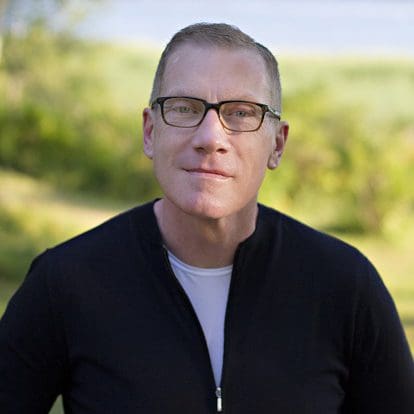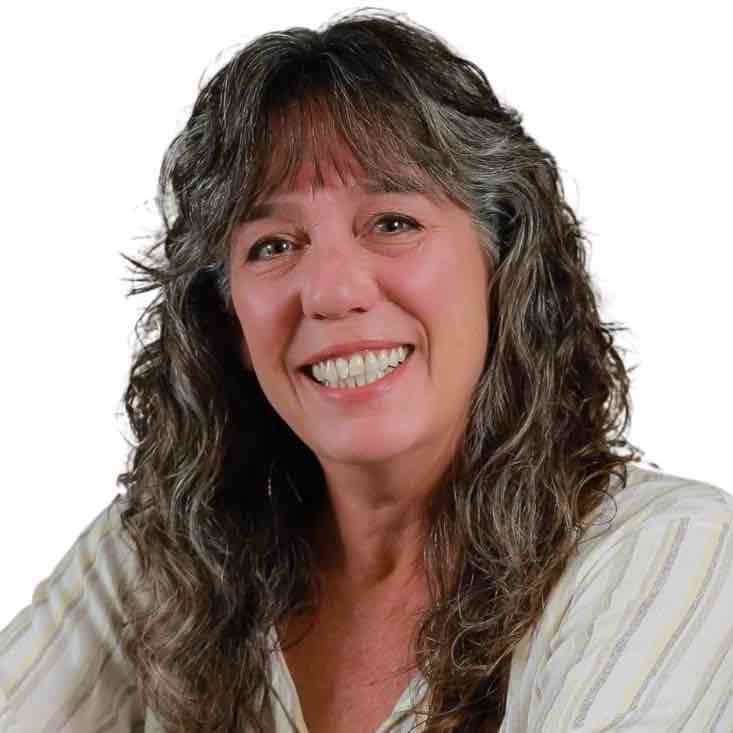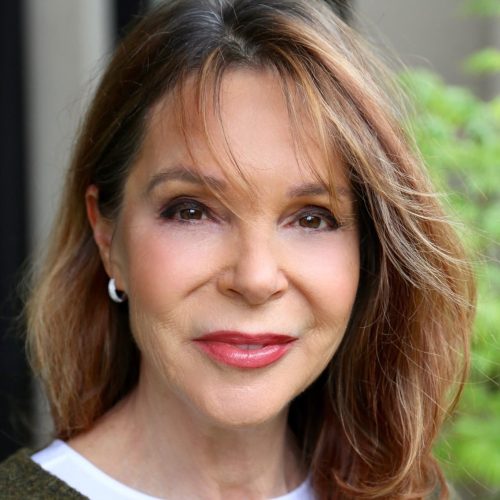Weebles Wobble & Sometimes Life Sucks
As I work to grow my private Coaching practice, my position as a Business Success and Strategy Coach for an international online marketing agency has filled an important role. Steady income, a benefits package, and camaraderie with some brilliant people make this an essential part of my life.
Last Wednesday was my monthly one-on-one with my team leader, a guy I greatly admire and have learned a lot from. As the Zoom screen opened, I knew something was up.
Joining Dave was Julia, the firm’s COO.
It took just a few seconds for Julia’s presence to be explained.
“Today would be my last day…” summed it up.
Growth had slowed, and my coaching, while appreciated by my clients, was being sidelined. Today would be my last day.
The only thing louder than the silence was my shock.
Today, four days later, some of the shocks linger, but mostly it’s replaced by a feeling of curiosity. After all my careful planning, things went sideways, and, like any good story lover, I am curious to learn what comes next.
Yes, I panicked. Yes, I got angry, sad, desperate, gut-wrenchingly-anxious and obnoxiously deep into denial. But only for one night.
Then I reverted to the teachings, readings, and self-work that have filled my life for the past five, almost six years, and it was time, once again, to see if anything had stuck.
Friday was anything but perfect. I got angry, cried a bit, and was frustrated up the wazoo, but in the end, I circled back to the idea that this was happening, or to be more specific, had happened. And all my whining would never change it.
Far better to weigh in on empathy, curiosity, creativity, and focused action (those Sage traits I’ve talked about). So, I leaned in that direction.
The cart didn’t right itself instantly, but I was feeling less panicked and more curious by Saturday morning.
I’m hoping I can hang out in that feeling for at least until a door creaks open.
It all made me think of a recently finished book, “The Courage to be Disliked” by Ichiro Kishimi and Fumitake Koga.
The authors present an approach to living based on the theories of Alfred Adler, an Austrian psychologist. Adlerian psychology emphasizes the importance of self-acceptance, responsibility, and social interest and offers practical tools for overcoming life’s setbacks (got my attention).
The first principle of Adlerian psychology is self-acceptance. According to Adler, our self-image is the foundation for our behavior and decisions. If we have a negative self-image, we will likely behave in ways that reinforce that negativity. Conversely, if we have a positive self-image, we are more likely to make choices that reflect that positivity.
Self-acceptance means accepting ourselves as we are, flaws and all. It means acknowledging our limitations but also recognizing our strengths and talents. It means embracing our unique qualities and quirks rather than conforming to external expectations.
The second principle of Adlerian psychology is responsibility. Adler believed that we have the power to shape our lives and are responsible for our happiness. This means taking ownership of our choices and actions rather than blaming external factors or other people (okay, this one hurt a bit).
Responsibility also means setting goals based on our values and priorities and acting towards those goals. It means being proactive rather than reactive and not waiting for things to happen to us. By taking responsibility for our lives, we can create a sense of purpose and direction to help us overcome setbacks and challenges.
The third principle of Adlerian psychology is social interest. Social interest is the ability to contribute to society and find meaning in helping others. It means recognizing that we are connected, and our actions impact others.
Social interest can help us overcome setbacks by giving us a sense of purpose and connection. When we focus on helping others, we shift our attention away from our problems and gain perspective. We also build Relationships and a support network to help us through tough times.
Adlerian psychology emphasizes the importance of living in the present moment. The past is gone, and the future is uncertain. The only moment we have is the present. By focusing on the present moment, we let go of regrets and anxieties and find joy in the small things in life.
Living in the present moment also means being mindful and aware of our thoughts and feelings. By practicing mindfulness, we can recognize and replace damaging thought patterns with more positive ones.
I’d like to hear from you if you’ve read the book or have an opinion based on my brief overview.
My focus is on living in the present moment. I don’t know how the coming moments, days, or weeks will unfold, but I am hopeful.
I may be borrowing a play from the Weebles handbook. You remember, “Wooble, but don’t fall down.”
Check back next week, and I’ll update you on how life unfolds. A week can bring monumental changes.
The post Weebles Wobble & Sometimes Life Sucks first appeared on James Swan Coaching.

























